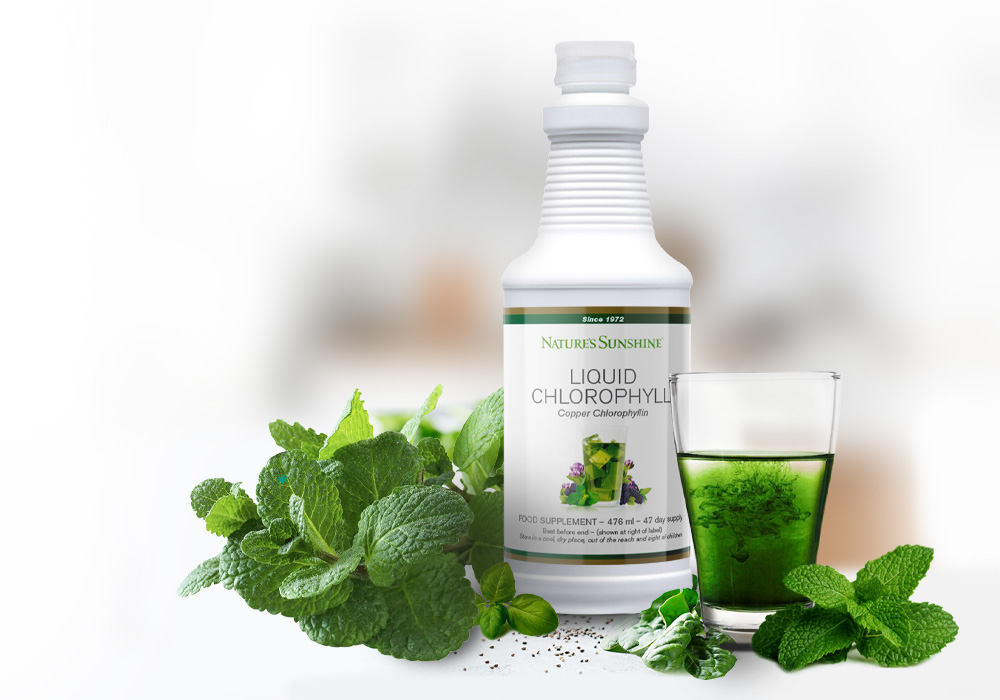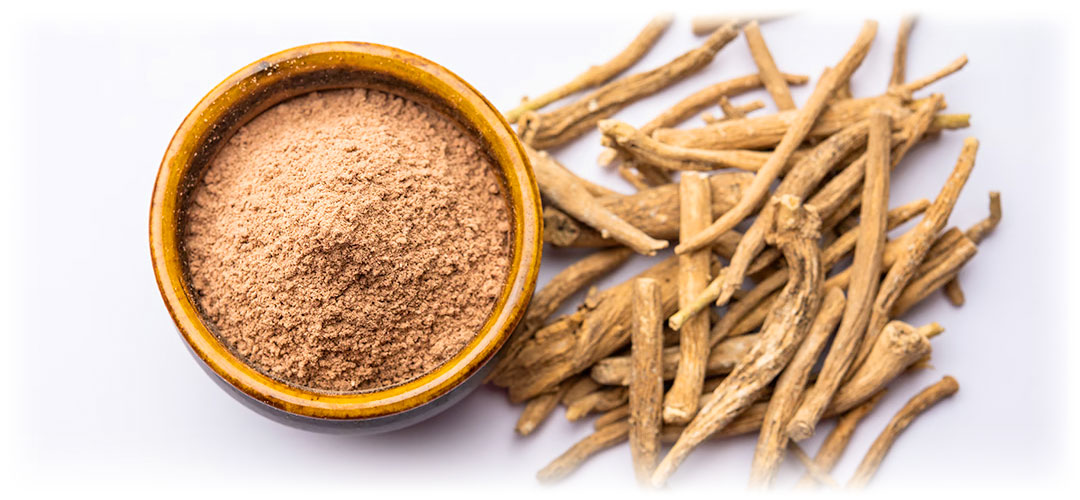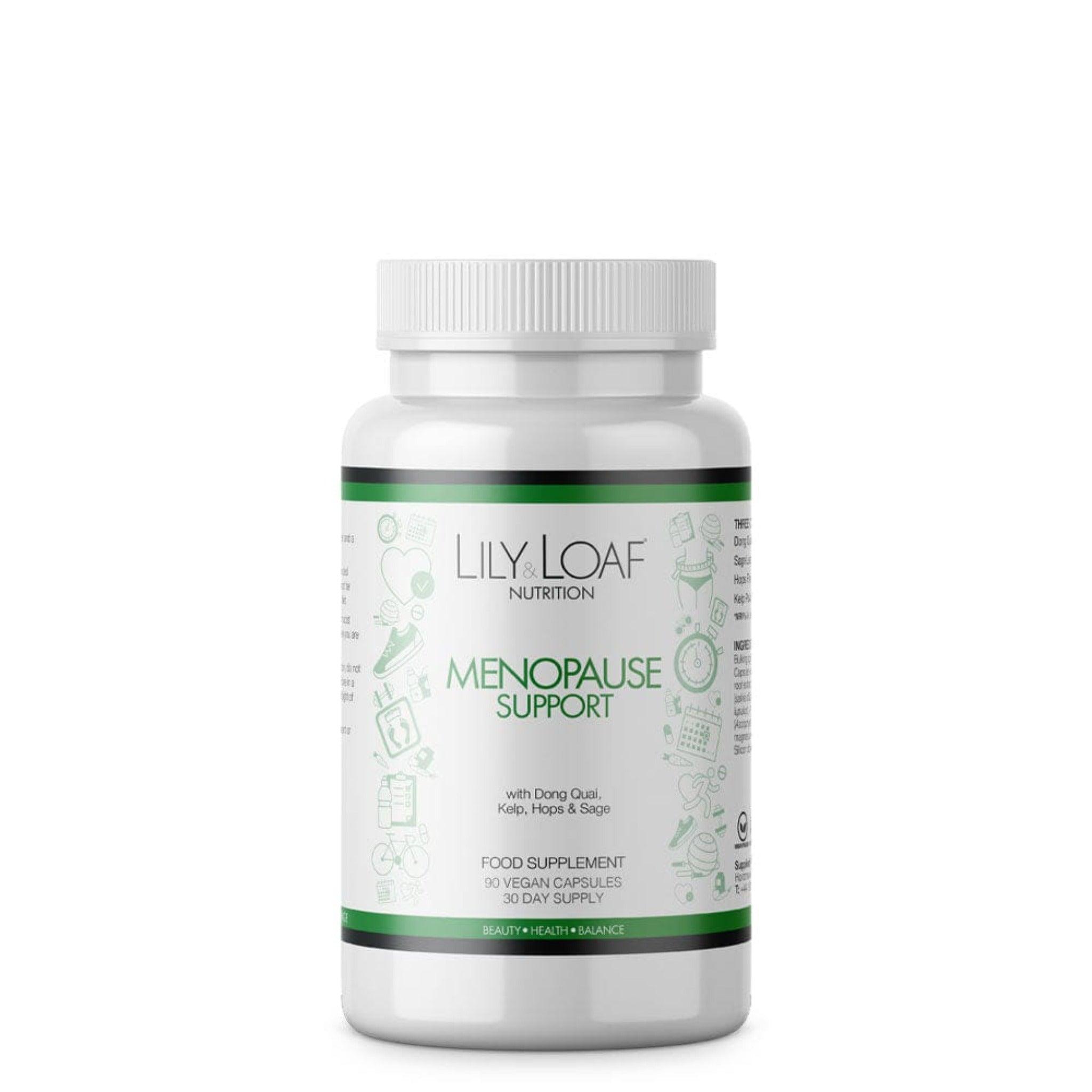
Top Ten FAQ's - Menopause
↓ How long does menopause last?
Menopause is the point in time when a woman's menstrual periods stop permanently. Postmenopause is the stage after menopause and lasts for the rest of a woman's life. The transition leading up to menopause, called perimenopause, can last from a few months to several years.
↓ What age does menopause start?
The average age for menopause onset is 51, but it can start as early as in the 30s or as late as in the 60s. Early or premature menopause can occur before age 40.
↓ What are the first symptoms of menopause?
The first symptoms often include irregular periods, hot flashes, night sweats, sleep problems, and mood changes.
↓ Can menopause cause high blood pressure?
Hormonal changes during menopause can lead to an increase in blood pressure. Women who are going through menopause are at a higher risk of developing high blood pressure.
↓ Can menopause make you tired?
Yes, many women report feeling unusually fatigued during perimenopause and menopause due to hormonal fluctuations, sleep disturbances, and night sweats.
↓ Can menopause cause dizziness?
Yes, some women experience dizziness during menopause due to hormonal changes, which can affect blood circulation and the inner ear.
↓ Can menopause cause weight gain?
Many women gain weight during menopause. This can be due to a combination of hormonal changes, ageing, lifestyle, and genetics.
↓ What age does the menopause end?
Menopause itself is a single point in time, but symptoms can last for several years. By around the age of 65, most women no longer experience the symptoms of menopause.
↓ Can a woman have orgasms after menopause?
Yes, a woman can still have orgasms after menopause. However, some women may experience changes in sexual function due to hormonal changes, which can affect libido and vaginal lubrication.
↓ Can menopause cause anxiety?
Yes, hormonal fluctuations during menopause can contribute to feelings of anxiety, stress, and mood swings in some women.
Understanding Menopause: Navigating the Change with Confidence
Menopause marks a significant milestone in a woman's life, signifying the end of her menstrual cycles and reproductive years. Characterised by a natural decline in hormone production by the ovaries, menopause usually occurs between the ages of 45 and 55. While it's a normal part of aging, the physical and emotional changes that accompany menopause can be challenging. Let's explore what menopause entails and how to manage its myriad symptoms with grace and knowledge.
The Onset of Menopause: Signs and Symptoms
- Irregular periods
- Hot flashes and night sweats
- Sleep disturbances
- Mood swings and increased anxiety or depression
- Vaginal dryness and discomfort during intercourse
- Decreased libido

The Duration of Discomfort: How Long Will It Last?
Perimenopause typically lasts about four years but can persist for up to a decade in some women. Once a woman has gone 12 consecutive months without menstruating, she is considered postmenopausal. Although many symptoms ease post-menopause, some, like vaginal dryness and weight gain, may persist and require ongoing management.
Hot Flashes: Combating the Heat
Hot flashes are one of the most iconic symptoms of menopause. These sudden waves of heat can strike at any time, causing sweating and discomfort. To manage hot flashes, dress in layers, maintain a cool sleeping environment, and identify triggers such as spicy foods or stress. Some women find relief through hormone replacement therapy (HRT), although it's important to discuss the benefits and risks with a healthcare provider.

Weight Gain: Managing Metabolic Changes
Menopause often leads to weight gain, especially around the abdomen. Combat this by engaging in regular physical activity and adopting a balanced diet rich in lean proteins, fruits, vegetables, and whole grains. Strength training can also help maintain muscle mass and bone density.
Libido and Vaginal Health: Keeping the Intimacy Alive
A decline in oestrogen can lead to vaginal dryness and a decrease in libido. Over-the-counter lubricants and moisturizers can help with discomfort during intercourse, while local oestrogen therapies may be prescribed for more severe cases. Open communication with your partner and a healthcare provider can also provide strategies to maintain a healthy sex life.
Mood Swings: Finding Emotional Equilibrium
The hormonal turbulence of menopause can wreak havoc on emotions. If mood swings are severe or lead to depression, seek help. Regular exercise, sufficient sleep, stress reduction techniques, and sometimes counselling or medication can be beneficial.

Bone Density: Protecting Your Framework
Oestrogen plays a crucial role in bone health, and its decline during menopause can lead to an increased risk of osteoporosis. Calcium and vitamin D supplements, weight-bearing exercises, and medications can help maintain bone strength.
Hormone Replacement Therapy: Is It Right for You?
HRT can alleviate many menopausal symptoms and protect against osteoporosis. However, it's not suitable for everyone and comes with potential risks, including an increased risk of certain types of cancer and cardiovascular issues. Discussing with your healthcare provider can help you weigh the pros and cons based on your individual health history and symptom severity.
Natural Solutions: Vitamins and Supplements for Menopause Support
For those seeking alternative or complementary approaches to managing menopause symptoms, a variety of natural solutions are available. Vitamins and supplements can play a pivotal role in providing relief. For instance, Vitamin E is known for its potential to ease hot flashes and vaginal dryness. B-vitamins, particularly B6, have a reputation for helping with mood regulation and reducing feelings of depression.
Omega-3 fatty acids, commonly found in fish oil supplements, may also help with mood swings and joint pain. Herbal remedies such as black cohosh, red clover, and evening primrose oil are popular among many women to alleviate menopausal symptoms, although their efficacy and safety are subject to ongoing research.
Phytoestrogens, plant-based compounds that mimic oestrogen in the body, found in soy products, can offer a mild estrogenic effect which might be beneficial for some menopausal symptoms. It is important to remember that the quality and concentration of these supplements can vary, and not all are appropriate for every individual. Consulting with a healthcare provider before starting any new supplement regimen is essential to ensure they are safe and appropriate for your specific health needs.

When to Seek Medical Advice
It's vital to consult a healthcare professional if menopausal symptoms become unmanageable or if you have concerns about conditions associated with menopause, such as heart health or osteoporosis. Furthermore, postmenopausal bleeding should always be evaluated to rule out serious conditions like endometrial cancer.
Living Well Beyond Menopause
Though menopause can be a complex transition, it's also a new chapter in life that can be embraced with positivity. By staying informed, prioritising self-care, and maintaining open communication with healthcare providers, women can navigate menopause with confidence and vitality.
Remember, menopause is a natural biological process, and with the right support and management, you can maintain a healthy, active, and fulfilling life well into your postmenopausal years.










